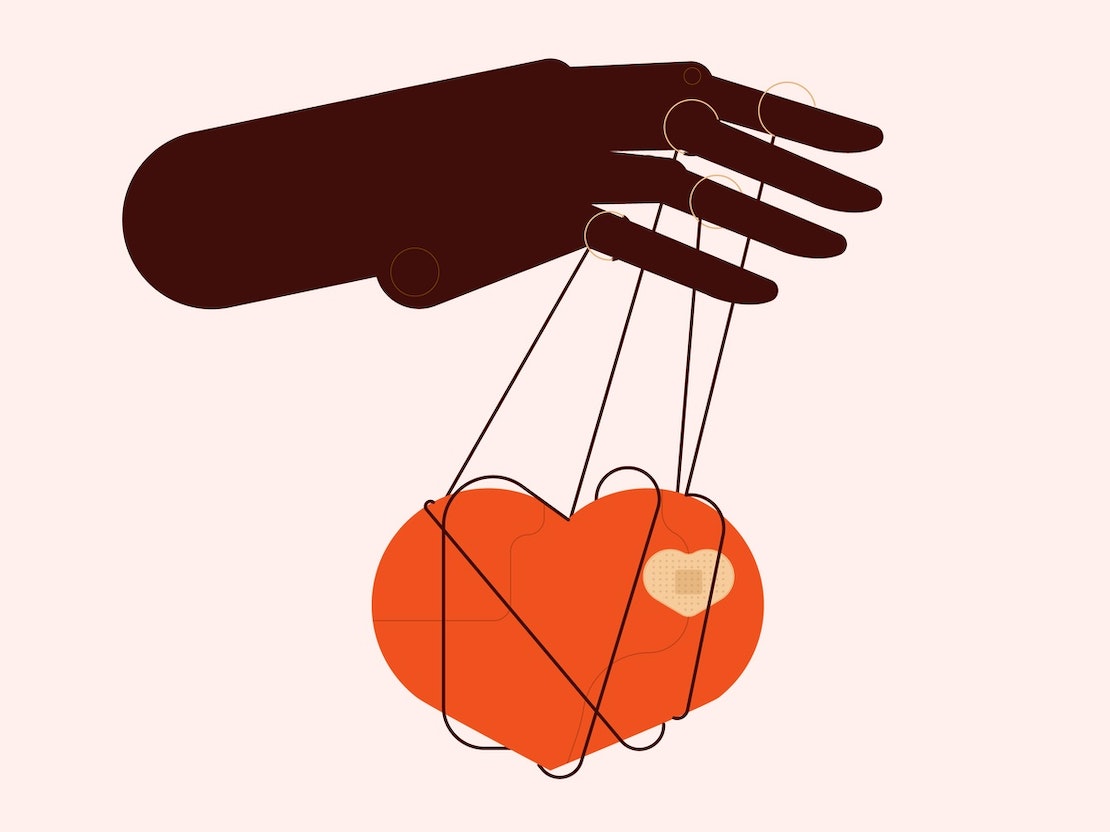The Crown Prosecution Service (CPS) has recently updated its guidance, officially recognizing ‘love bombing’ as a tactic used in relationships to try and exert control over their partner. This marks an important step in recognising, and addressing, developing forms of coercive and controlling behaviour and ensuring their professionals are suitably equipped to respond effectively to support victims.
What is ‘love bombing’?
Originally coined in the 1970s by the Unification Church, the term ‘love-bombing’ refers to a manipulative tactic used in romantic relationships with the following characteristics:
- the abuser showers their victim with excessive love and affection, often through gifts, gestures, and endearing terms.
- the victim is made to feel special and secure in the relationship, while being isolated from others who cannot match the abuser’s level of affection.
- the abuser withdraws their affection, becoming distant and disengaged once they have gained control of the victim. This phase allows the abuser to devalue the victim and implement other controlling behaviours, such as gaslighting, while the victim is vulnerable and easier to manipulate.
Love bombing preys on the basic human need for love and affection. By fulfilling this need to an extreme extent, the abuser establishes a sense of reliance in the victim. The victim may not question the intensity or rapidity of the affection, as their fundamental need is being met. Consequently, when the abuser withdraws their affection, the victim may obey their commands in the hope of regaining the love and validation they once received.
Recognition and change
In April 2023, the Crown Prosecution Service (CPS) updated its guidance on stalking and coercive control, officially recognising love-bombing as a tactic used to control victims. Chief Crown Prosecutor Kate Brown highlighted the importance of considering all evidence, including manipulative behaviours like love-bombing, to build robust cases against abusers. This update signifies a step forward in addressing domestic violence, acknowledging the potential escalation of love-bombing tactics into more violent behaviour.
Challenges in identifying love-bombing
Reports indicate that in the last year 2.4 million adults were victims of domestic violence and that numbers continue to increase each year. The CPS’s public acknowledgment of love bombing as a controlling tactic in romantic relationships represents significant progress in raising awareness of the range of domestic abuse beyond the traditional perceptions of domestic violence.
Identifying love bombing can be challenging as it is often disguised as a normal dating phase. However, understanding key indicators can help differentiate between manipulation and a healthy relationship.
In healthy relationships, affection naturally evolves without the presence of controlling or possessive behaviours. It progresses into a stable dynamic characterized by mutual respect, trust, and open communication.
In an abusive relationship, affection abruptly ceases and controlling, or possessive behaviours emerge. This shift should serve as ‘red flag’.
It is essential to remain vigilant for the abrupt shift from adoration to control and to recognize the signs of manipulation. By empowering individuals with awareness and understanding, they can protect themselves from manipulative relationships and foster connections that are based on trust, respect, and genuine affection.
Taking action against domestic violence
If you suspect that you, or someone you know, is in an abusive relationship and/or has experienced domestic violence, including behaviours like love-bombing, it is critical that help and guidance is sought from the Police as well as domestic abuse charities such as the National Centre for Domestic Violence, Women’s Aid, and the Man Kind Initiative. These organizations offer valuable resources and support for victims of domestic violence.
In addition to the above, the Family Court can protect victims of domestic violence as follows:
- Victims of abuse can apply for injunctions protecting them from continued/further abuse from their partner;
- Victims of abuse can ask the court for ‘special measures’ to protect them from further abuse in the course of litigation (i.e. domestic abuse / children proceedings / financial proceedings)
- In some family cases, the court will take into consideration the ‘conduct’ of the abuser when making decisions about court procedure/final outcome. It is important, therefore, that victims of abuse raise make the court aware of abuse at the earliest opportunity.
Remember, your safety and well-being are paramount. If have any questions relating to the above legal issues please do not hesitate to contact our Family Team on family@berrysmith.com or by telephone on 02920 345511 or 01656 645525.
